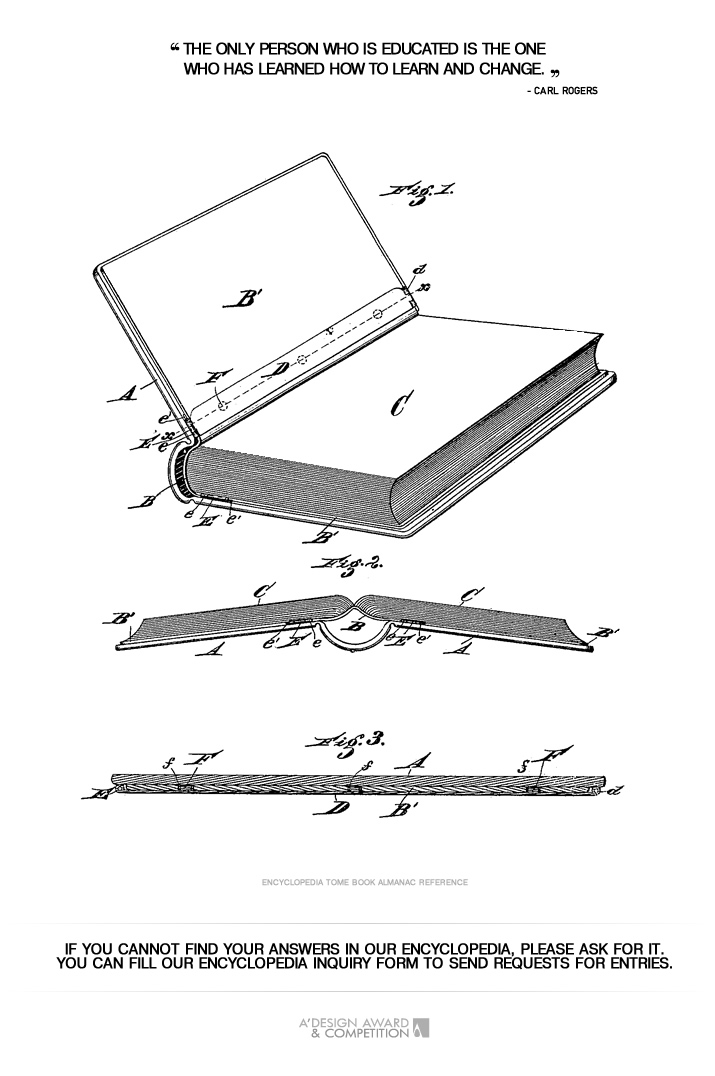
| THE AWARD |
| CATEGORIES |
| REGISTRATION |
| SUBMIT YOUR WORK |
| ENTRY INSTRUCTIONS |
| TERMS & CONDITIONS |
| PUBLICATIONS |
| DATES & FEES |
| METHODOLOGY |
| CONTACT |
| WINNERS |
| PRESS ROOM |
| GET INVOLVED |
| DESIGN PRIZE |
| DESIGN STORE |
| THE AWARD | JURY | CATEGORIES | REGISTRATION | PRESS | WINNERS | PUBLICATIONS | ENTRY INSTRUCTIONS |
Feel Good - Entry #479804 |
Home > Design Encyclopedia > 479804 |
 Feel Good
Feel Good
Feel Good is a design approach and psychological principle that focuses on creating products, spaces, and experiences that evoke positive emotional responses and enhance user well-being through thoughtful design decisions. This multifaceted concept encompasses both the tangible and intangible aspects of design, incorporating elements such as color psychology, ergonomics, material selection, and sensory engagement to promote feelings of comfort, happiness, and satisfaction. The approach emerged from the intersection of design thinking and positive psychology, gaining prominence in the late 20th century as designers began to recognize the significant impact of emotional design on user experience. Feel-good design principles emphasize the use of organic forms, natural materials, harmonious color schemes, and optimal proportions that resonate with human cognitive and emotional preferences. These elements are carefully orchestrated to create environments and products that not only serve their functional purpose but also contribute to users' emotional well-being and mental health. The concept has become increasingly relevant in contemporary design practice, particularly in response to growing awareness of mental health and wellness concerns, leading to its application across various design disciplines including interior design, product design, and digital interface design. The A' Design Award recognizes outstanding achievements in feel-good design through various categories that evaluate how effectively designs contribute to user well-being and positive emotional experiences. This approach has been particularly influential in healthcare design, workplace environments, and consumer products, where the emotional impact of design choices can significantly affect user satisfaction and overall quality of life.
Author: Lucas Reed
Keywords: emotional design, user well-being, positive psychology, sensory experience, ergonomic comfort, psychological satisfaction
 About the Design+Encyclopedia
About the Design+EncyclopediaThe Design+Encyclopedia is a crowd-sourced reference of information on design. Unlike other crowd-sourced publications on design, the Design Encyclopedia is edited and actively monitored and publishing is only possible after review of submitted texts. Furthermore, editors of the Design Encyclopedia are mostly consisting of award winning designers who have proven their expertise in their design respective fields. Information posted at design encyclopedia is copyrighted, you are not granted a right to use the text for any commercial reasons, attribution is required. If you wish to contribute to the design encyclopedia, please first register or login to A' Design Award and then start a new design encyclopedia entry.

If you did not find your answer, please feel free to check the design encyclopedia for more entries. Alternatively, you can register and type your own definition. Learn more about A' Design Award's Design+Encyclopedia.

